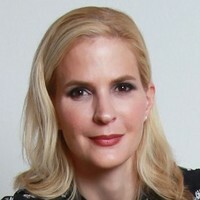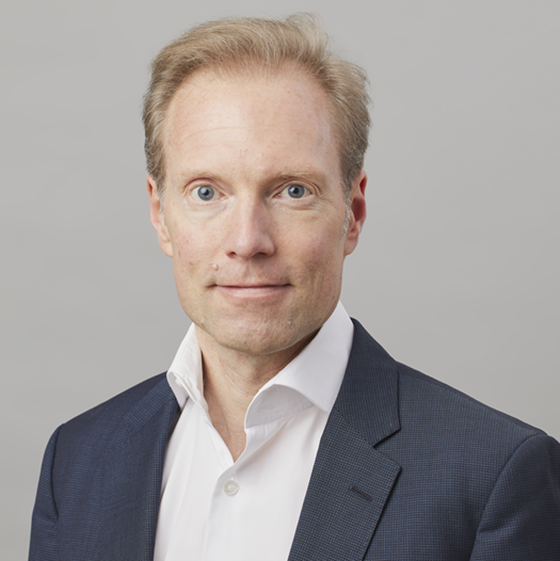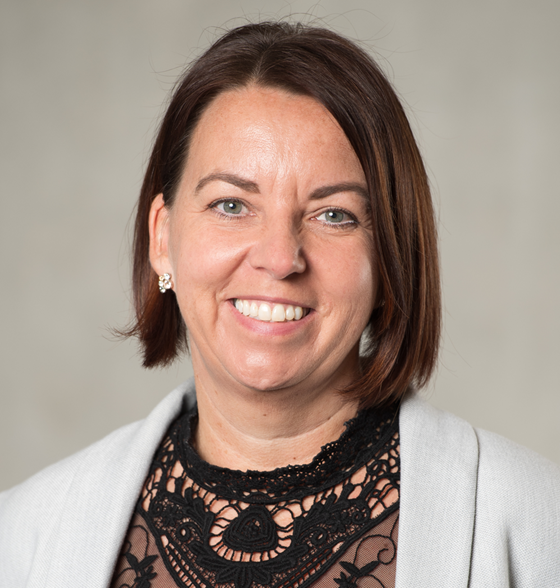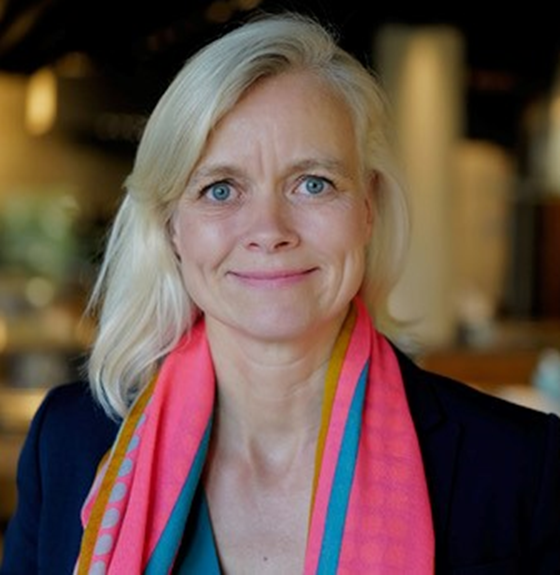Project Application
Entrepreneurial teams from ETH Zurich and the University of Zurich that have promising regenerative medicine and/or robotics technologies and/ or medical devices/bionics technologies ready to be translated into groundbreaking therapies and/or products are encouraged to submit their project.
Application Process
Project Proposals are assessed by the Wyss Zurich Translational Center and the Wyss Zurich Foundation in a 4-step evaluation and selection process.
Applications may be submitted at any time of the year.

Scientific Board (Professors from ETH and/or UZH)

Nicole Lindenblatt

Markus G. Manz

Roland Martin

Brad Nelson

Robert Riener

Wendelin Stark

Klaas Stephan

Viola Vogel

Brigitte von Rechenberg
Evaluation Board
(part of the Wyss Zurich Foundation)
Qualification Criteria
Projects must have entrepreneurial potential and meet the following qualification criteria required for successful translation or technology transfer:
-
- Scope: Regeneration of cells/tissue/organs to restore or establish functionality and health
-
The Wyss Zurich Translational Center (Wyss Zurich) does not support research activities; Wyss Zurich supports the advancements of therapies towards the clinic, the development of technologies towards the market as well as the clinic with the following activities:
- Preclinical studies under GLP conditions
- Production of clinical grade material under GMP certified conditions
- Production of medical device technologies under ISO regulation
- First-in-man studies and early phases of clinical trials
-
- PoC of the regenerative technology must have been demonstrated in at least one relevant in-vivo model.
-
- Projects must be supported by an innovative research background and scientific excellence.
- Projects need to address an unmet need and face a valley of death concerning clinical translation / technology transfer.
- The team must have a convincing business model and sound go-to-market considerations.
- The team should act and be ready to grow as entrepreneurs with plans to continue the project beyond the Wyss Zurich Translational Center period.
-
- Projects must demonstrate high market need and industry interest and the potential for scaling to an important business.
- The product must be economically feasible with a preliminary business plan.
- Products and technology need preliminary plans for scalable production.
-
- Projects must have IP potential to provide opportunities for sustainable business and growth.
- Relevant IP needs to be protected (e.g., patent application, software source code).
- Candidates should be able to provide an overview on the competitive landscape to determine whether the development and commercialization of the technology/therapy is possible without infringing valid intellectual property rights of others (FTO).
- Ownership of underlying IP should be with ETH Zurich and/or UZH.
- If IP is partly/fully owned by a third party, a commercialization agreement is required to ensure that projects have unrestricted/exclusive access to the underlying IP.
-
- A team leader(s) must be identified prior to the start of the Wyss Zurich project. This/these person/persons should demonstrate full commitment to pursue the project beyond the Wyss Zurich Translational Center period, to become an entrepreneur(s). The team leader must not be a faculty member.
- Faculty members who are strongly involved with the project may be appointed as Faculty Mentors for the duration of the Wyss Zurich project.
- Required key positions should be identified and ideally already filled.
-
- Robotics Scope: Development of devices and technologies in the field of robotics and intelligent systems
- Medical Devices / Bionics Scope: Development of implantable or interventional medical devices. Preferably, hybrid technologies from the fields of regenerative medicine and robotics
-
The Wyss Zurich Translational Center (Wyss Zurich) does not support research activities; Wyss Zurich supports the advancements of therapies towards the clinic, the development of technologies towards the market as well as the clinic with the following activities:
Robotics:
- Elaboration of technical specifications (market-driven)
- Design for production and optimization
- Production of prototypes
- Testing and validation up to early beta-testers
- Product or components should be ready for industrial production at the end of the Wyss Zurich Translational Center period.
Medical Devices / Bionics:
- Elaboration of technical specifications
- Design for production and optimization
- Production of medical device/bionic technologies for validation according to applicable standards
- Products should move to clinical validation and/or obtained Swiss or EU market authorization at the end of the Wyss Zurich Translational Center period.
-
- A functioning prototype (software and/or hardware) of a technology must have been developed.
-
- Projects must be supported by an innovative research background and scientific excellence.
- Projects need to address an unmet need and face a valley of death concerning clinical translation / technology transfer.
- The team must have a convincing business model and sound go-to-market considerations.
- The team should act and be ready to grow as entrepreneurs with plans to continue the project beyond the Wyss Zurich Translational Center period.
-
- Projects must demonstrate high market need and industry interest and the potential for scaling to an important business.
- The product must be economically feasible with a preliminary business plan.
- Products and technology need preliminary plans for scalable production.
-
- Projects must have IP potential to provide opportunities for sustainable business and growth.
- Relevant IP needs to be protected (e.g., patent application, software source code).
- Candidates should be able to provide an overview on the competitive landscape to determine whether the development and commercialization of the technology/therapy is possible without infringing valid intellectual property rights of others (FTO).
- Ownership of underlying IP should be with ETH Zurich and/or UZH.
- If IP is partly/fully owned by a third party, a commercialization agreement is required to ensure that projects have unrestricted/exclusive access to the underlying IP.
-
- A team leader(s) must be identified prior to the start of the Wyss Zurich project. This/these person/persons should demonstrate full commitment to pursue the project beyond the Wyss Zurich Translational Center period, to become an entrepreneur(s). The team leader must not be a faculty member.
- Faculty members who are strongly involved with the project may be appointed as Faculty Mentors for the duration of the Wyss Zurich project.
- Required key positions should be identified and ideally already filled.


























